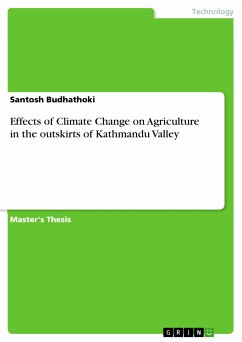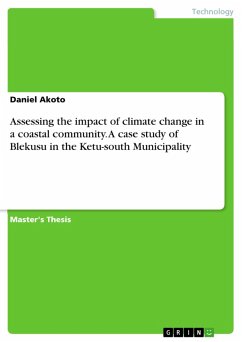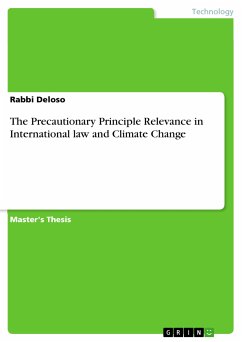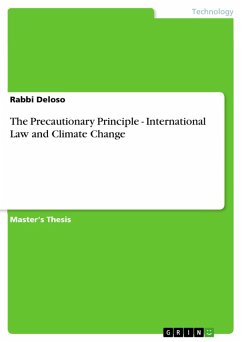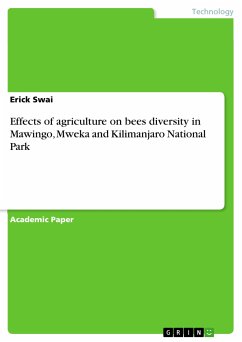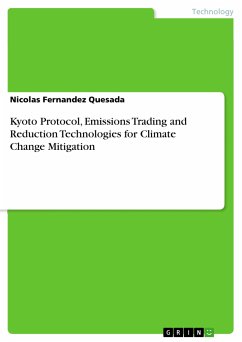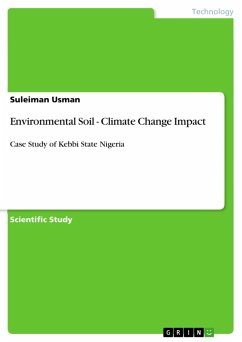Master's Thesis from the year 2016 in the subject Environmental Sciences, grade: A, , course: Environment Science, language: English, abstract: The study focused on the observation of the effects of global warming and climate change on agriculture in the outskirts of Kathmandu valley. The objectives of the study were to identify the effects of climate change on agriculture in the surrounding hills of Kathmandu valley. The specific objectives of the study are: To study the effects of climate change on crop production in the research area. To find out shift of agricultural pattern in the research area. To suggest some mitigation and adaptation measures in the study area. Nepal is one among the highest risk of climate change. It is divided into Mountain, Hill and Terai. It is divided into different land topography so enjoys wide range of climatic conditions form arid alpine to humid tropical climate. The average rise in temperature of Nepal is 0.06o C every year. The rate of increment is more in Himalayas than in Terai. Due to this, almost all the aspects of human life are affected one or the other ways. One of the mostly affected aspects is agriculture which is the major profession of Nepal. Nepal is an agriculture-based country where more than 65% of the population engages in agriculture for livelihood and agriculture shares about 33% of its GDP at current price and 35% at 2000/2001 constant price. The study dealt about the implications of climate change in the outskirts of Kathmandu valley. The study was completed in Purano Naikap area which is one of the topographic representatives of the foothills of Kathmandu valley. Many cases of adverse effects of climate change were found in the study area such as untimely rain, infestation of alien grass species, infection of viral disease in tomato and paddy plants, invasion of different harmful insects like GabaroKiraand Green Caterpillar. The fields were left barren due to drought in the lands where it used to be wetland throughout the year. There is lack of irrigation facilities and lack of manpower for agriculture.
Dieser Download kann aus rechtlichen Gründen nur mit Rechnungsadresse in A, B, BG, CY, CZ, D, DK, EW, E, FIN, F, GR, HR, H, IRL, I, LT, L, LR, M, NL, PL, P, R, S, SLO, SK ausgeliefert werden.

